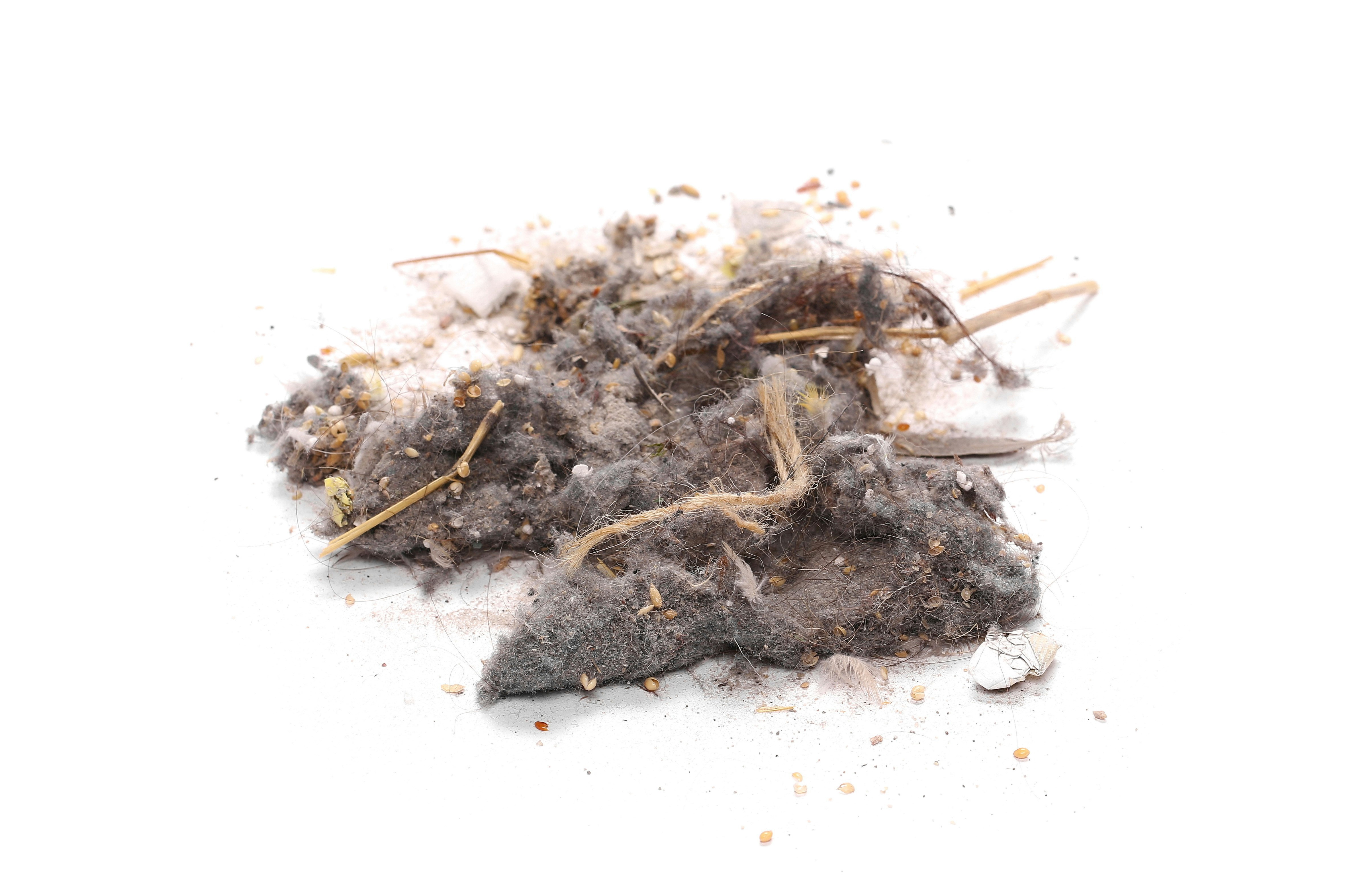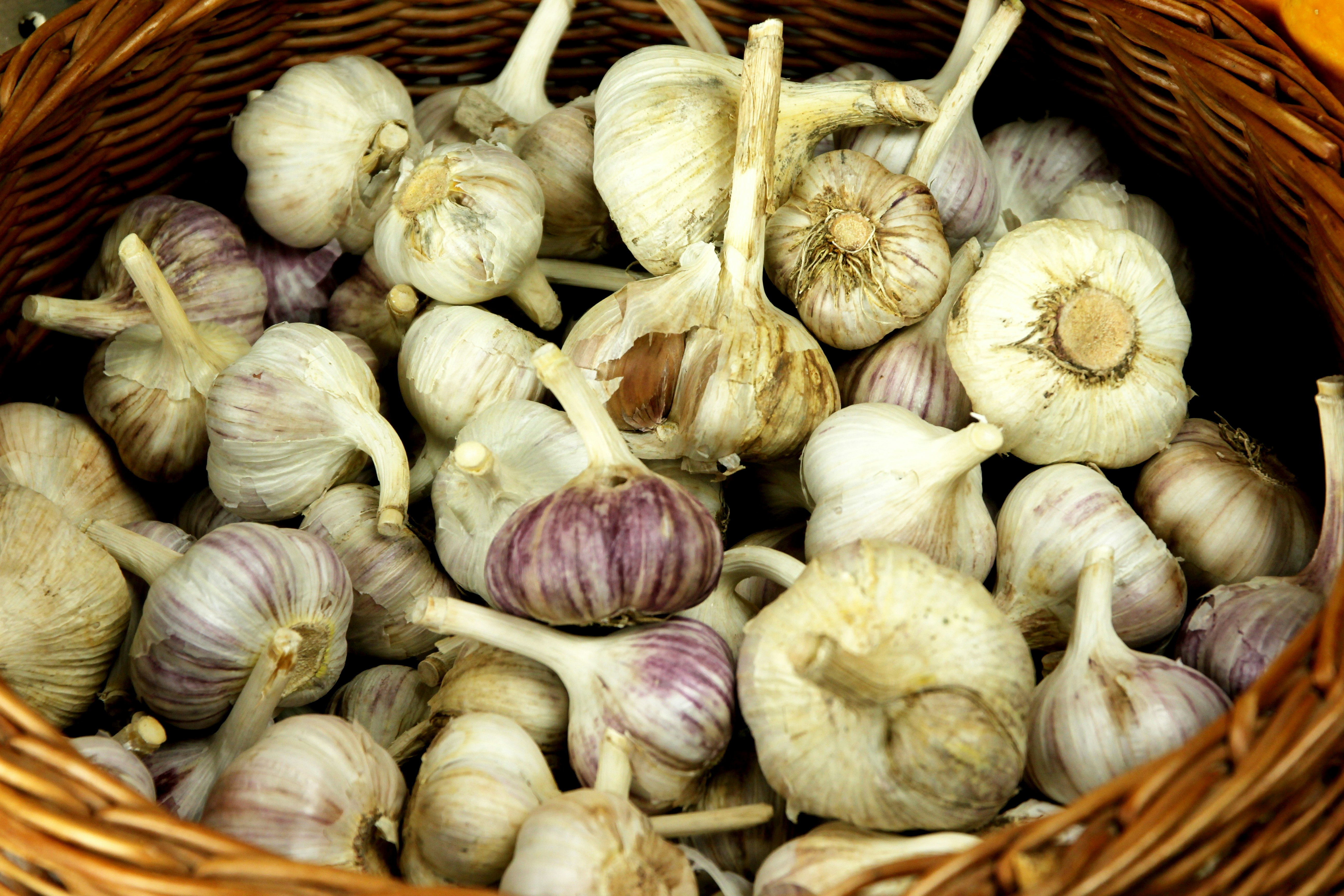I have the misfortune of living in one of those areas in which the craft brewing industry has somehow become one of the major drivers of economic growth. According to this map I found online, there are currently 57 craft breweries within about a 30-minute drive from my house in Durham, North Carolina. Within Durham alone, there are also taprooms for breweries not based in the area, craft beer stores that are also beer bars, wine stores that sell more craft beer than they do wine, at least two cideries (as in, places that make cider), law firms that work primarily with brewers, a business that exclusively does maintenance on all the different local craft beer equipment in bars, and, the last time I checked, one meadery that I assume sucks shit. In addition to creating jobs or whatever, all of this local booze also serves as an engine of gentrification in the area, as craft brewers snap up dormant warehouses near low-income residential areas, renovate them into high-end taprooms, and inevitably cause nearby rents to shoot up because all the yuppies want to live near the fancy beer place.
Beer is basically wine now, and that’s just something we’re going to have to live with forever until we die. And don’t get me wrong, a certain degree of craft beer is definitely a good thing. Local businesses are generally less evil than corporations, plus people need jobs and they might as well work someplace where they get free beer. Industries like craft brewing become popular through a process in which a few companies find an opening in a market of which they can take advantage, only for a bunch of competing firms to jump on the bandwagon when it becomes trendy, after which someone tries to stand out in an already flooded market by taking things to the absolute extreme.
I am very upset to report that the liquor industry is seizing the moment and is becoming craft as fuck.
This last stage tends to signal an inflection point, at which the new industry must either cross over into mass culture and becomes a permanent fixture of modern society, or collapse under its own sagging weight. This is how we got from overcaffeinated sodas like Surge to energy drinks like Red Bull to a drink that was literally called “Cocaine” to beverages like Four Loko and Joose, which were about as close as you could legally get to buying actual cocaine.
The craft brewing industry has reached a similar boom-or-bust moment. According to the amazingly named trade publication Beverage Daily, craft beer sales have decelerated over the past two years, craft brewery closings are on the rise, and the industry may very well be at “the peak of its growth.” In other words, there are only so many ways to make beer interesting, and we have run out of all of them. But if beer is no longer the new wine, then what is the next new wine? Wine obviously can’t be the new wine, and as long as marijuana is federally illegal, it’s not going to be the new wine either. And so, I am very upset to report that the liquor industry is seizing the moment and is becoming craft as fuck.
Per Beverage Daily, craft spirits sales grew 30 percent last year, an explosion in popularity that was accompanied by a 15 percent increase in the actual number of craft spirits distilleries. That’s a lot of small-batch hooch. What’s astonishing is that while starting any business takes time and money, starting a liquor company requires a considerable investment. Entrepreneur estimates that while it only takes $250,000 to start a craft brewery, it can cost “$5 million or more” to get a craft spirits distillery up and running, and given that part of the draw of many fancy liquors is that the stuff has been aged in barrels for a couple years, it might be a while until those companies start seeing returns.
Even though craft beer is not cool, at least nerds who want to make craft beer their full-time job have a relatively low barrier to entry. This also means that occasionally an actually good craft brewery can afford to come into existence, such as TRVE Brewing Company in Denver, which, as its name might suggest, is run by a bunch of metal fans in Denver and features a bunch of vaguely Satanic imagery on its cans. Meanwhile, one of the more prominent craft spirits brands in my town was created by, according to our local alternative weekly, “a former marketing executive” and her husband, “a pharmaceutical chemist by trade.” While I’m sure they are lovely people in person, they’re not exactly weirdos bringing some sort of unique perspective to the alcohol world. For further reference, please consult this interview with the founder of a moonshine company called Belle Isle, in which he uses the word “pivot” as well as the phrase “ran fast [and] broke some things” in the span of a single sentence. (Moonshine was once illegal.)
Another side-effect of the industry’s high start-up costs means that craft spirits companies have an incentive to essentially operate in the manner of a tech start-up, hoping to either quickly establish a foothold in the market and get acquired by one of their larger competitors, or rapidly scale up to the national level. But if your craft spirit becomes a nationwide phenomenon, then you’re no longer the small-batch underdog you claim to be and instead find yourself in the position of trying to prevent the media from discovering your warehouse-sized bottling operation, which the people who run Tito’s Handmade Vodka tried and failed to do a few years ago.
When it comes to booze, you need a good myth, a rich history, or at the very least, a name that confers some sort of cultural significance upon your product. The South in particular has a rich history of producing small-batch, artisanal homemade spirits, and by that I mean moonshine that people cooked up in stills made out of car parts and stuff during Prohibition. There are places in the region that were literally shaped by bootleggers, who threw a bunch of pointless twists and turns into country roads to give themselves an edge whenever the cops came calling. Whether or not grain alcohol in particular is a net societal good is not for me to decide, but it certainly helped forge a mythology that rich idiots can tap into simply by setting up a distillery and pumping out a few cases of the hard stuff. As a general rule it’s good to buy local as often as you can, but just because you’re buying local doesn’t mean the local business isn’t making your town worse.
Are you upset about something and want us to pay you to write about it? Email leah@theoutline.com.

















